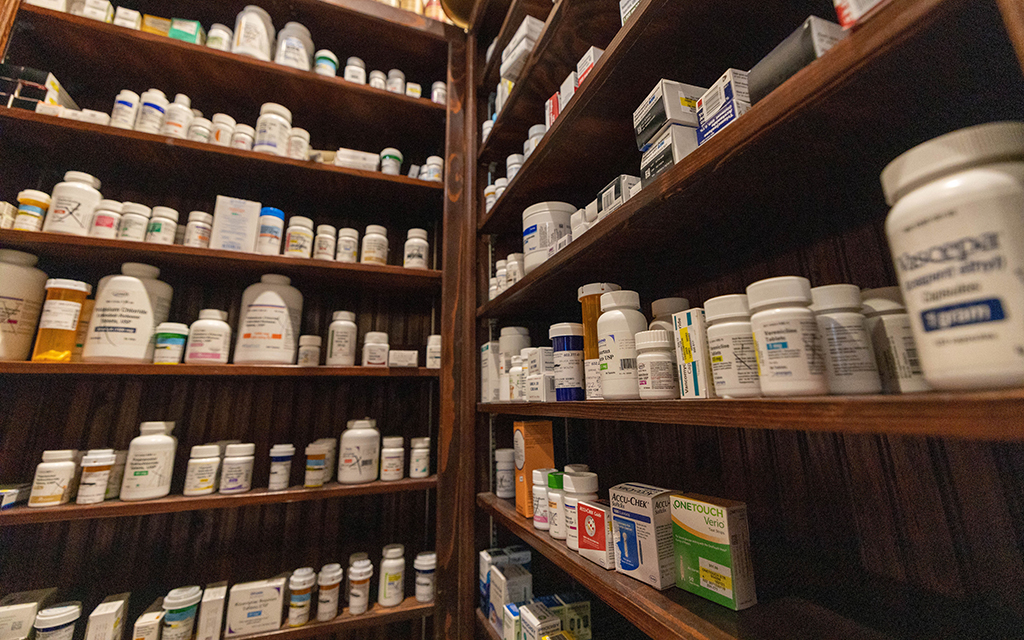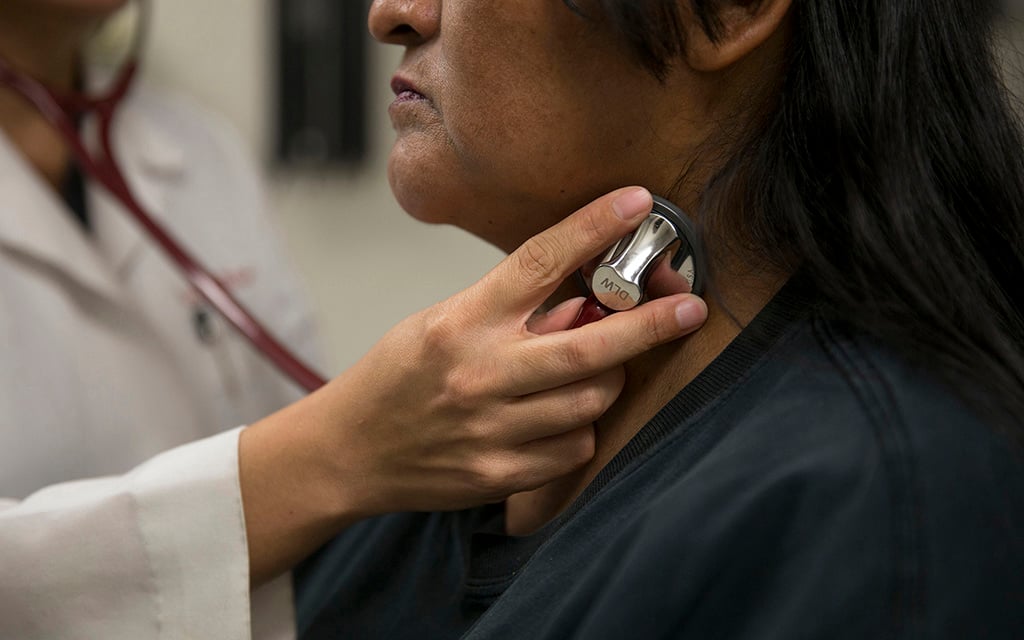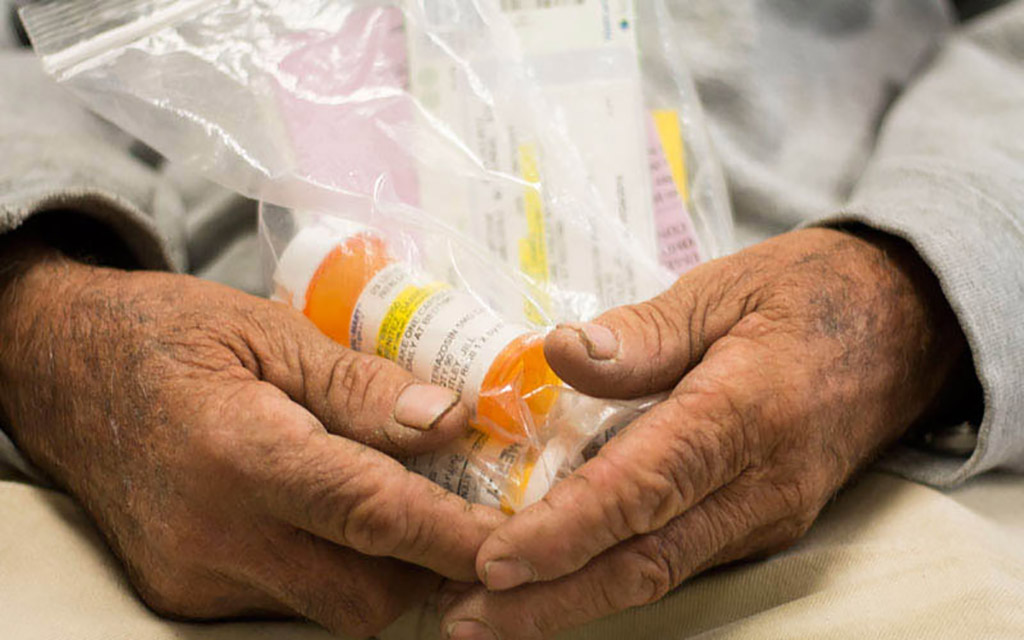
Shortages of specific drugs is an ongoing problem, but government and private groups said the number
s are rising, with a total of 309 drugs on the list as of June 30, the highest number in a decade. Among those on the list are drugs used in chemotherapy and for treatment of attention-deficit/hyperactivity disorder. (File photo by Drake Presto/Cronkite News)
WASHINGTON – The number of drugs in short supply in the U.S. is now the highest in a decade, according to the American Society of Health-System Pharmacists, with one official calling the shortage of chemotherapy drugs particularly concerning.
“It’s detrimental to the outcome of patients not to be able to provide them the first-line treatment for cancer,” said Michael Ganio, ASHP senior director of pharmacy practice and quality. “There are multiple drugs in a chemotherapy regimen … so with one drug (unavailable), that regimen is not available.”
ASHP said that 309 medications, including 25 chemotherapy treatments, were reported to be in short supply as of June 30. That’s the most since 2014, when the number of drugs on the list was a record-high 320.
That problem was echoed by a Senate report in March, which said drug shortages had increased by 30% between 2021 and 2022. The report by Senate Homeland Security and Government Affairs Committee said the number of unavailable drugs hit 295 at the end of last year.
Chemotherapy drugs were not the only ones in short supply: Both ASHP and the Food and Drug Administration included common antibiotics, injections for diabetes treatment and for weight loss, and essential hospital supplies used to fight life-threatening conditions on their lists.
Ganio said the shortage of attention-deficit/hyperactivity disorder medications is also a key concern as it can often “take months for a practitioner to find the right dose for a patient.”
“Those products have been out for over a year,” Ganio said of ADHD medications. “They’ve been problematic for patients because it’s not an easy fix to just switch a patient from one drug to another in those situations … So those shortages have been extremely disruptive to patients.”
Unlike other medications, Ganio said ADHD drugs can only be prescribed for a month at a time, making it difficult for patients to secure a consistent supply. A similar issue is arising with some prescription pain medications, specifically pills that contain opioids like oxycodone.
When it comes to chemotherapy, Ganio said health care professionals are now facing critical decisions surrounding treatment rationing. In instances where an intravenous treatment can be substituted with an oral solution, the impact on patient care is minimal. But for those receiving chemotherapy treatments, Ganio says there are no clear alternatives.
“The 20 injectable chemotherapy drugs in shortage, at the same time, is just extremely concerning for any cancer practitioner and especially for the patients and those worried about their outcomes,” Ganio said.
Dr. Ajay Bhatnagar, an oncologist in Casa Grande, agreed the situation is “highly concerning” and he fears that the shortages will have a devastating influence on patient mortality if not swiftly reversed.
“Hopefully, it can be rectified soon, but currently it’s a concern of how we figure out how to formulate an adequate treatment for these patients without having to ration or delay treatment,” Bhatnagar said.
But Ganio said he expects shortages to remain “for a couple of months, or even longer than that. It’s not something that I expect to resolve immediately.”
He said an ASHP survey that will be published later this month shows there has already been a notable increase in the number of doctors nationwide who said they have altered treatment plans to cope with the shortages.
“Whether we reach a new high or not, we’re still in very dire condition as far as the status of shortages in the U.S,” Ganio said.
He said there needs to be a call to action over this “20-year problem,” but as the shortages reach new highs, the issue is starting to gain the attention it needs.
“The only silver lining to the severity of current shortages is that there’s a lot of interest in Capitol Hill, there’s a White House task force and so, it’s getting the attention it needs,” Ganio said. “It’s a shame it took this long to get to this point of nearly breaking a record to get this much attention on the problem.”



